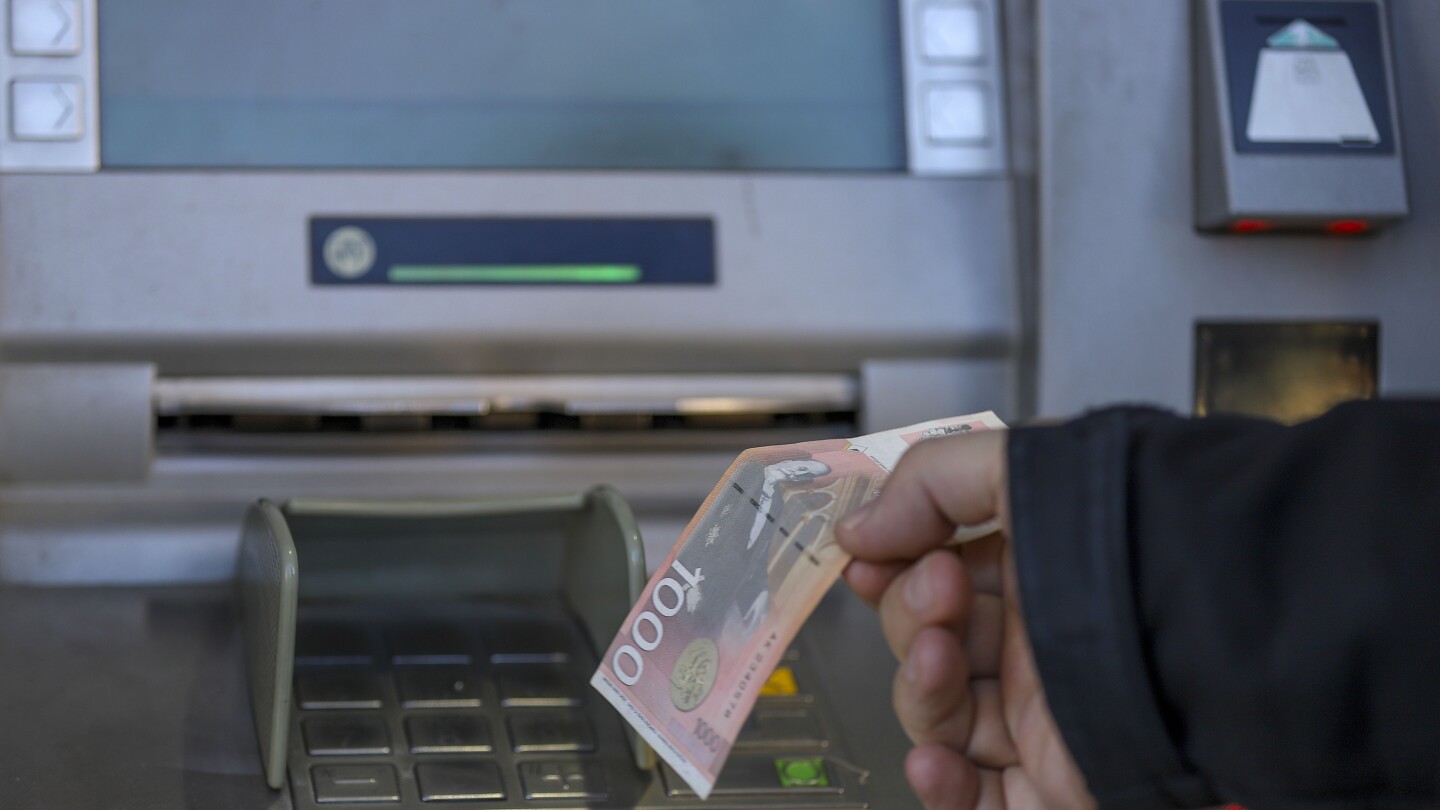PRISTINA, Kosovo (AP) — Kosovo authorities on Wednesday said they would impose the use of the country’s currency, the euro, and abolish the use of neighboring Serbia’s dinar in the north where most of the ethnic Serb minority lives.
Kosovo’s Central Bank Governor Ahmet Ismaili said starting Thursday, new rules on local transactions in euros would be applied in the northern municipalities, and all financial institutions there should register in the next month. Four banks and 15 financial institutions use Serbia’s dinar.
The governor said the new rules were not targeting Serbia’s dinar.
But the decision has sparked concern among Western powers fearing more tension in Kosovo’s relations with Serbia. They have urged Pristina to postpone the move.
“The euro as the only means of payment and purchase, clearly defined in the Republic of Kosovo, is not a negotiable issue,” Prime Minister Albin Kurti said.
There has been no reaction from Belgrade.
The decision has worried residents like Blagica Radovanovic, a retired professor in Northern Mitrovica.
”What are we going to do with people who are receiving social benefits, to whom postmen bring (money) directly to their doors?” Radovanovic asked. ”This will cause a great humanitarian catastrophe.”
“We shall try that the new rules do not have a negative impact or penalize the citizens,” Deputy Prime Minister Besnik Bislimi said, pledging a public awareness campaign to follow.
The European Union and the United States are pressing both countries to implement agreements that Serbian President Aleksandar Vucic and Kurti reached in February and March.
The EU-facilitated normalization talks have failed to make progress, especially following a shootout last September between masked Serb gunmen and Kosovo police that left four people dead and ratcheted up tensions.
Both Serbia and Kosovo have said they want to join the EU, but EU foreign policy chief Josep Borrell has said their refusal to compromise is jeopardizing their chances for membership.
Serbian forces fought a 1998-99 war with ethnic Albanian separatists in what was then the province of Kosovo. About 13,000 people, mostly ethnic Albanians, died. Kosovo eventually declared independence in 2008, but the government in Belgrade does not recognize its neighbor as a separate country.
___
Semini reported from Tirana, Albania. Ivana Bzganovic in Belgrade contributed.

